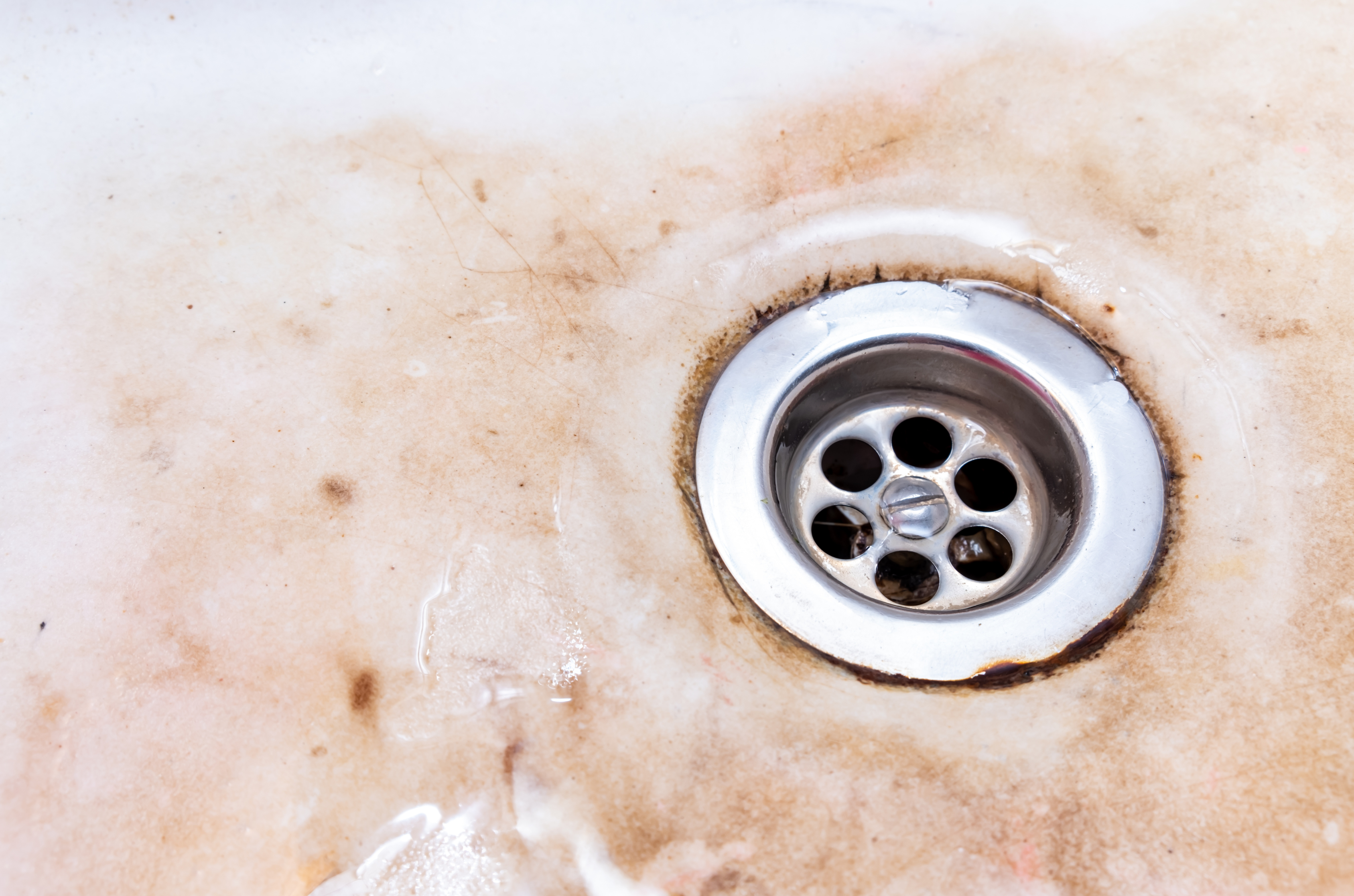When it comes to choosing the right water heating solution for your home, the debate between gas and electric tankless water heaters takes center stage. Both options offer distinct advantages and considerations, making it essential to weigh factors such as energy efficiency, installation costs, and long-term savings. Learning about the nuances of electric vs. gas on-demand water heaters can help you make an informed decision that suits your household’s water needs and budget.
Gas vs. Electric Tankless Water Heaters: The Basics
Gas Tankless Water Heaters:
Gas tankless water heaters, powered by natural gas or propane, provide an uninterrupted supply of water whenever needed. These units use a heat exchanger to swiftly heat water, eliminating the necessity for a storage tank. By igniting gas, the heat exchanger warms the water, ensuring a consistent flow of water on demand. The flow rate, quantified in gallons per minute (GPM), plays a pivotal role in determining the volume of water the unit can deliver.
Gas tankless water heaters are perfect for homes where a substantial amount of water is required, such as households with multiple bathrooms or larger families.
Electric Tankless Water Heaters:
Electric tankless water heaters, on the other hand, use electric heating elements to directly heat water as it flows through the system. These units are particularly good for homes with limited access to natural gas or propane lines. While electric tankless water heaters provide instantaneous water, their flow rates generally lag behind those of gas-powered units. As a result, they are better suited for smaller households with lower water demands.
Comparing Efficiency: Gas vs. Electric Tankless Water Heaters
When evaluating the efficiency of gas and electric tankless water heaters, several factors come into play:
- Energy Source: Gas tankless water heaters hold an efficiency advantage due to the higher energy densities of natural gas or propane compared to electricity. Gas-powered units heat water more rapidly, resulting in swifter water delivery and the ability to accommodate higher flow rates.
- Energy Loss: Electric tankless water heaters may experience more energy loss due to heat dissipation from their electric heating elements. In contrast, gas tankless systems, employing combustion for heating, are less susceptible to such losses.
Initial Costs and Installation
When considering the installation of a tankless water heater, both initial costs and installation considerations play a significant role:
The upfront cost of gas tankless water heaters often surpasses that of their electric counterparts. This disparity arises from the intricacy of heat exchangers and combustion components. Additionally, the installation of gas tankless units may necessitate the introduction of natural gas or propane lines, further contributing to installation expenses.
Electric tankless water heaters generally entail lower initial costs compared to gas units. Their installation is less complex since they don’t require gas lines or combustion mechanisms. However, evaluating the electrical system’s capacity to handle the unit’s load is essential.
Long-Term Savings
While gas tankless water heaters have higher upfront costs, they often result in long-term savings due to their higher efficiency. Gas prices tend to be lower than electricity prices, especially when considering the energy required for heating water. Over time, these savings can offset the initial investment.
Environmental Impact
In terms of environmental impact, gas tankless water heaters are considered to have a higher carbon footprint compared to electric units. Burning natural gas or propane releases carbon dioxide and other greenhouse gases into the atmosphere. Electric tankless water heaters, depending on the source of electricity, might be a more eco-friendly option.
Water Usage and Flow Rates
The flow rate of a tankless water heater directly affects its capacity to deliver water at a given time. Gas tankless water heaters generally have higher flow rates, making them suitable for households with a high demand for water, such as those with multiple bathrooms or large families. Electric tankless water heaters are better suited for smaller households with lower water demands.
Choosing the Right Type of Tankless Water Heater for Your Home
Factors to consider:
- Water Demand: Evaluate your household’s water needs. Larger families that require lots of water might benefit from a gas tankless water heater, while smaller households could opt for an electric unit.
- Energy Source: Consider the availability and cost of natural gas, propane, and electricity in your area. This will impact the long-term operating costs of your tankless water heater.
- Initial Budget: Determine how much you’re willing to invest upfront. Gas units have higher initial costs, but they can provide long-term savings through energy efficiency.
- Environmental Concerns: If reducing your carbon footprint is a priority, consider the environmental impact of your chosen energy source.
- Installation: Assess the installation requirements of gas and electric tankless water heaters. Gas units might need additional infrastructure, while electric units require a suitable electrical system.
- Future Expansion: If you’re planning to expand your household or anticipate changes in water usage, factor these considerations into your decision.
Turn to AP Plumbing for the Best Electric and Gas Water Heaters
Gas and electric tankless water heaters each have their own set of advantages and considerations. Gas units offer higher flow rates and faster water delivery, making them suitable for larger households. They also tend to be more energy-efficient in the long run, offsetting their higher initial costs. On the other hand, electric units are generally more affordable upfront and easier to install, making them a practical choice for smaller households with moderate water demands.
Ultimately, the choice between a gas and electric tankless water heater depends on your specific circumstances, priorities, and preferences. Luckily, AP Plumbing offers the best electric and gas tankless water heaters in Syracuse, NY, and surrounding areas!
Ready to schedule your water heater installation in Rochester or Syracuse? Give us a call today to schedule your appointment.





